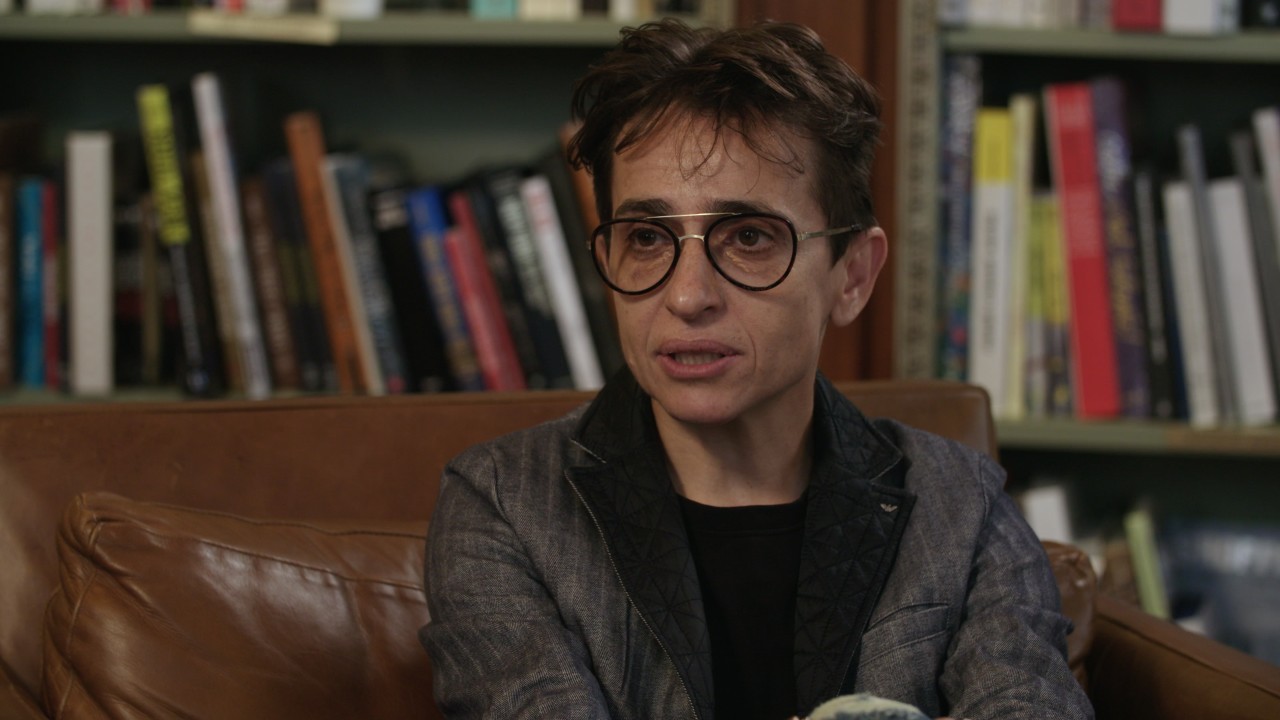As activists and journalists converged on a London court for a preliminary hearing in Julian Assange’s case Thursday, the WikiLeaks co-founder beamed in through a video stream from his new home: Belmarsh Prison.Assange has been held at the high-security prison since April 11, when British authorities hauled him out of the Ecuadorian Embassy where he’d been in asylum for nearly seven years from an extradition request by Sweden for sexual assault charges. A judge’s decision Wednesday to hand Assange 50 weeks’ jail time for skipping bail in that case assured him more time at the facility as he battles an extradition request by the United States.Thursday’s hearing was brief, with Assange confirming via video that he did not wish to surrender to face charges that he aided former Army intelligence analyst Chelsea Manning’s attempted 2010 hack of a Pentagon computer system."I do not, not for doing journalism that has protected many people and won many awards," he said, according to USA Today.The 47-year-old Australian will instead remain at Belmarsh awaiting additional hearings on May 30, June 12, and beyond. The London prison, which has the capacity to hold up to 900 inmates, rose to international prominence for housing terror suspects without formal charges.It's possible that Assange’s stay there will be with a cellmate — another adjustment for a man who lived alone for years in a 330-square-foot room, and whose hosts said they kicked him out in part because he was a terrible houseguest. Roughly 60 percent of Belmarsh’s cells are intended to house multiple inmates, according to the UK Ministry of Justice.Louise Potter, a spokeswoman for the British advocacy group Prison Advice and Care Trust, told VICE News that even close relatives have difficulty gleaning information about inmates’ living conditions. Assange’s legal team and WikiLeaks have yet to respond to requests for comment.A 2018 report on Belmarsh by the UK’s Inspectorate of Prisons detailed a facility largely filled with young men from immigrant or minority communities. It also struggled with occasional violence and overcrowding.“A redecorating programme was in place, but many cells were shabby, communal areas were sometimes grubby and the showers were generally in poor condition,” the report stated. “Outside areas were reasonably well maintained. Up to 125 cells designed as doubles were often used to hold three individuals. For the men occupying them, conditions were claustrophobic and extremely uncomfortable.”Still, WikiLeaks Editor in Chief Kristinn Hrafnsson told the Associated Press last month that certain aspects of life in Belmarsh could prove to be a step up for Assange.“There are medical facilities there, access to dental care I would assume and a garden to go out into,” Hrafnsson said.Hrafnsson has portrayed Assange’s case as a “question of life and death.” They argue that the Justice Department’s hacking charges, which carry a maximum sentence of five years in prison, will lead to more serious prosecution under the Espionage Act.The quality of Assange’s conditions in Belmarsh compared to a future prison cell stateside could also come into play in court. Last year, a British judge denied the Trump administration’s extradition request of Lauri Love, who was similarly wanted for hacking into U.S. government websites, leaning into subpar U.S. prison conditions in its argument.“Oppression as a bar to extradition requires a high threshold, not readily surmounted,” the judgment read. “But we are satisfied, in the particular combination of circumstances here, that it would be oppressive to extradite Mr. Love.” Cover: File photo dated 11/04/19 of Julian Assange, who is due to begin his fight against extradition to the U.S. over allegations he conspired to break into a classified Pentagon computer. (Photo: Victoria Jones/PA Wire via AP Images)
Cover: File photo dated 11/04/19 of Julian Assange, who is due to begin his fight against extradition to the U.S. over allegations he conspired to break into a classified Pentagon computer. (Photo: Victoria Jones/PA Wire via AP Images)
Advertisement
Advertisement
